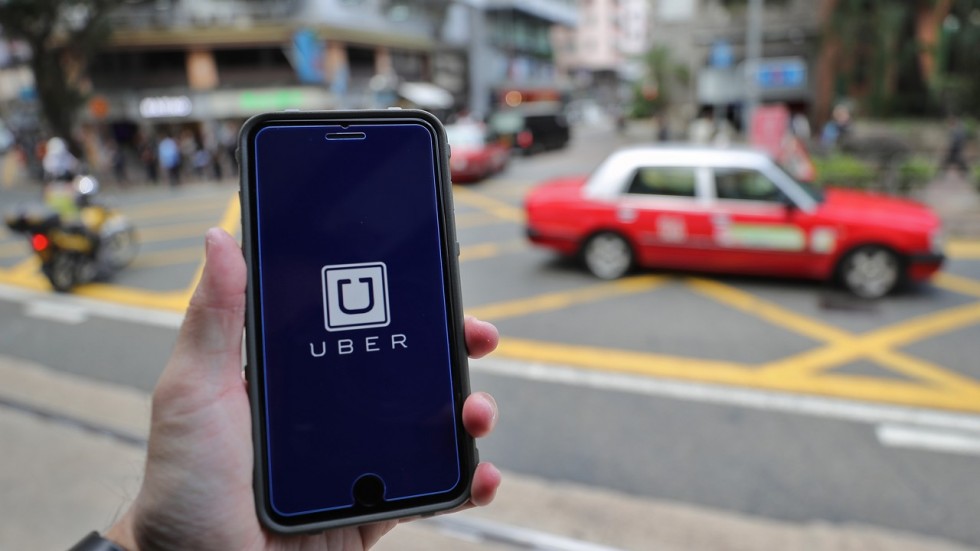Singapore Fines Uber and Grab
October 1, 2018 | Expert Insights

Uber and Grab reached an agreement to allow Uber’s share of Southeast Asia to be acquired by Grab, resulting in increased market share for the latter. However, Singapore, and other countries in the region,n are wary of this creating an anti-competitive environment. Singapore is the first to levy significant fines on both countries.
Background
Grab (known as GrabTaxi) is a ride-sharing app similar to Uber. Started in 2012, it is based out of Singapore and offers services in countries like Malaysia, Indonesia, Philippines, Vietnam and Thailand. By July 2016, the company had over 350,000 drivers in its network and the app had been downloaded over 19 million times. Today, it offers private car, motorbike, taxi, and carpooling services. Offering 3 million rides daily, it holds 95% of the market share in South East Asia. Due to its quick growth, it has also attracted generous funding.
Uber, an American technology company, that offers ride-sharing services, is also one of the most successful companies in the world. However, a series of controversies that plagued the company since 2017. This includes claims by former employees about the working conditions within the company. In addition, news emerged that a large scale data breach took place within the company. Most recently, the company had to settle a case against Google’s self driving car, Waymo. According to media reports, its value has dropped from $60 billion at the beginning of this year to around $50 billion by April 2017.
In March, Uber confirmed that it was selling its business in Southeast Asia to Grab. By moving forward with this deal, Uber is also walking away from the region's 640 million potential riders. The agreement will result in Uber getting a 27.5 percent stake in Grab. In addition, its chief executive officer will join the board of the Singapore-based company.
Read more of our Uber coverage here.
Analysis
Singapore Competition and Consumer Commission fined Uber and Grab over $13 million for the anti-competitive merger. It has also directed Uber to sell off vehicles it owned through Lion Rentals to any viable buyer. The Commission ordered Grab to end its exclusivity deals with taxi fleets in Singapore due to its 80 percent share of the market, which hinders the entry of competitors into the market.
Uber’s exit from Southeast Asia has multiple factors at play. On the one hand it is retreating from a fast growing region and its customers there. However, these regions also failed to generate profits for the company. As Uber looks to its initial public offering in 2019, departing from Southeast Asia furthers this plan and improves its financial standing. In addition, moving away from these markets allows Uber to be more streamlined in expanding in its European and American markets rather than focusing on global expansion.
Singapore is the first country to impose a fine of this manner, potentially prompting similar regulations in other countries. Vietnam has indicated the possibility of implementing regulations if the combined market share of Uber and Grab exceeds 50 percent. The Philippines has said that it will be closely monitoring the new market conditions for Grabs’ non-compliance, which could potentially result in fines. Singapore’s actions also shape the regulatory environment for ride-hailing companies in the Southeast Asia region. Finally, they serve as a deterrent for other ride-hailing companies considering mergers or acquisitions.
Assessment
Our assessment is that Uber and Grab will have to take further measures to prevent being fined or penalized for anti-competitive practices. We feel that their sizeable individual market share creates a high risk of excessive market power once combined. As Uber tries to become more profitable for its IPO and Grab seeks to expand its presence in Southeast Asia, we feel both companies should take care to ensure that their customers continue to receive the same level of service rather than take advantage of the increased market share.








Comments